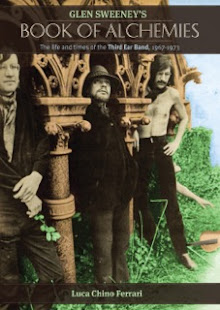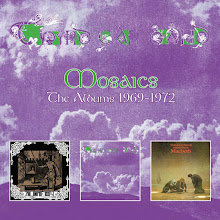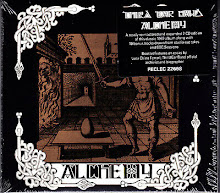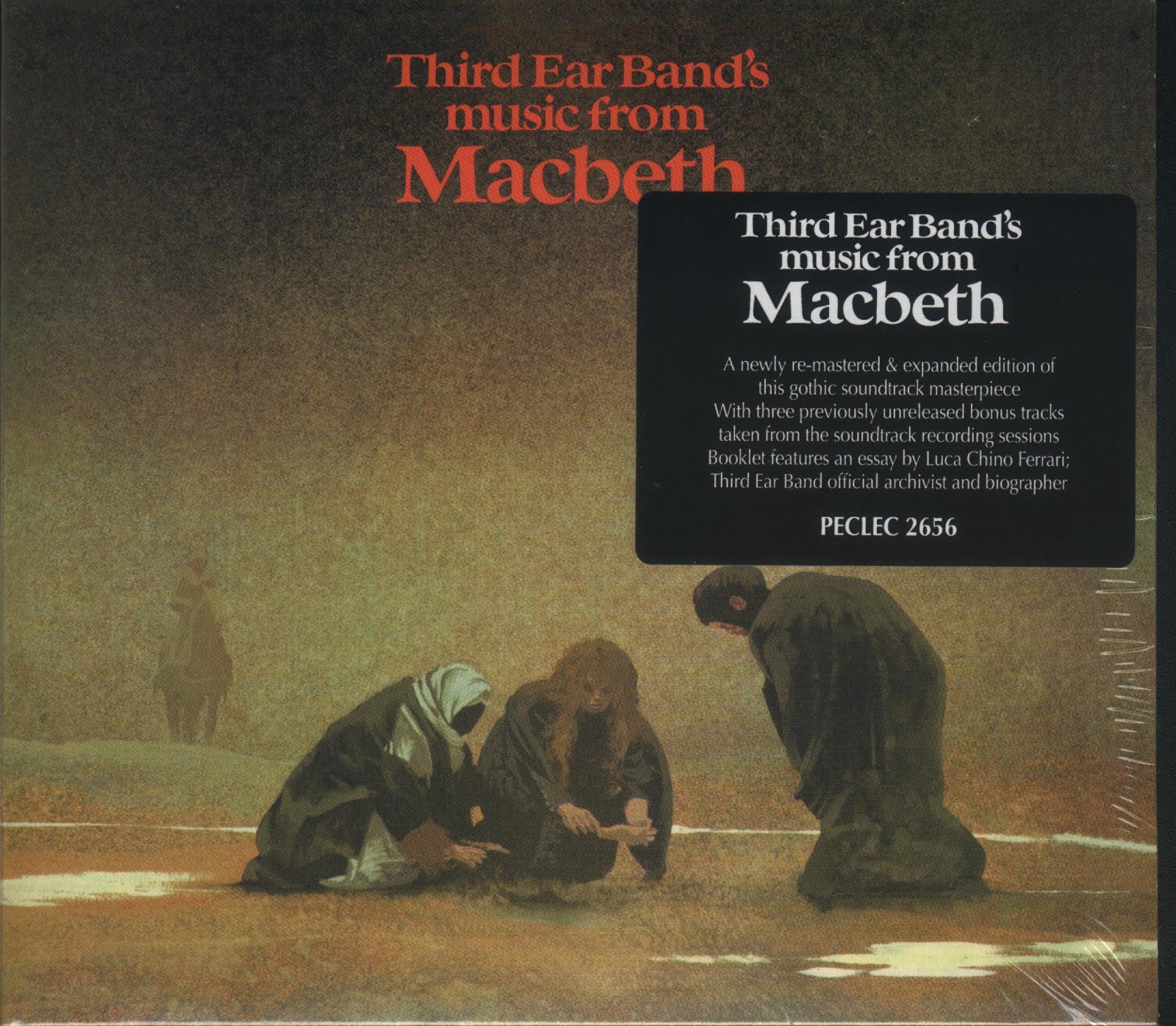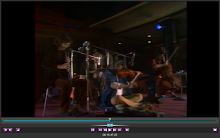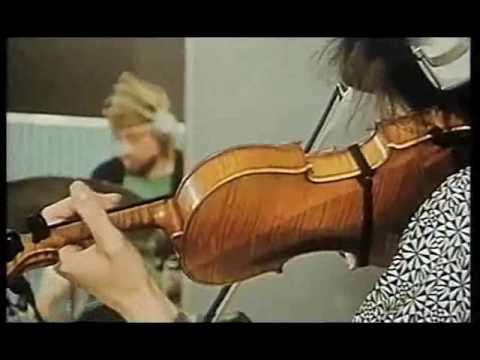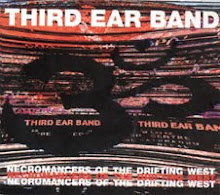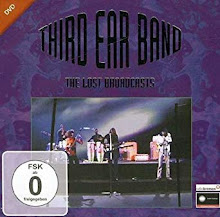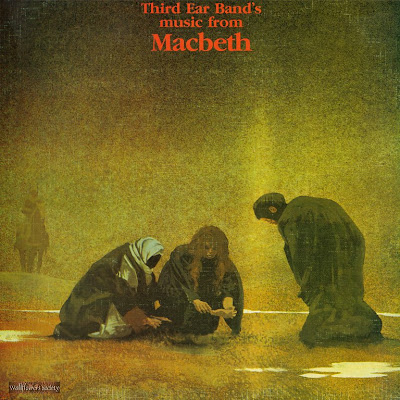 |
| Life's a beach ... Brian Wilson in his studio. Photograph: Rb/Redferns |
Elton John, the Beach Boys and the fine art of pop alchemy.
"They are music's unsung heroes, yet their work can turn a great song into a classic, intensify the emotional impact of a heartrending lyric or make a stirring vocal performance even more memorable. Arrangers are often said to have "sweetened" the music by adding strings, horns and other musical elements, but such a description doesn't do justice to how much an arranger's work can transform a piece of music. Think of how the swirling strings and plucked violins on ABC's The Look of Love heighten the song's poignancy, or the drama of the brass interjections on Love's Maybe the People Would Be the Times or Between Clark and Hilldale, and you can hear the impact an inspired arrangement has on a song.
Even so, it's easy to be unaware of what an arranger actually does. A good person to answer that question is Paul Buckmaster who, over four decades, has arranged songs for the likes of Elton John, David Bowie, Miles Davis, the Bee Gees, Guns N' Roses and the Rolling Stones.
So what is the art of a good arrangement? "Being able to enhance the emotive quality and bring out the intent of the lyric and the artist's performance," says Buckmaster. "Adding orchestral passages and textures should give added depth and dimensionality, physically, psychologically and aurally speaking. I feel I've succeeded when the goose-bump thrill factor kicks in."
A good arranger needs lots of skills, Buckmaster says, including a thorough working knowledge of harmony and counterpoint, the ability to sense what is right and proportional in the context of the song being arranged, knowledge of composition, and the art of orchestrating. Buckmaster's work as an arranger has been mainly influenced by classical composers: "However, one cannot deny the influence of arrangers like George Martin, Nelson Riddle and Gil Evans – I particularly love Claus Ogerman's way of writing," he says.
There is no set template for how an arranger works. "Sometimes I work with the artist, sometimes with the producer; sometimes both. Often, I'm sent the basic track or demo and am left alone in relative freedom to make my own choices," says Buckmaster. "On the first three Elton John albums, Elton gave [the late producer] Gus Dudgeon and me total freedom; the only part which was never arranged was Elton's piano. One exception was Sixty Years On, where I decided to transcribe Elton's original demo piano part for the harp intro, changing the last three bars. Gus and I sat in his office and went through each song, and worked out the type of orchestration which would suit each track. We effectively designed each song as an individual piece, giving it its own character."
An example is on Your Song, where Buckmaster and Dudgeon decided to not bring in the rhythm section until the third verse. "The delayed entry of the rhythm section makes it more dramatic, and serves to lift the piece into a more propulsive mood. One general rule is to hold back as much as possible, to give the listener the chance to let the song grow and unfold, introducing new sonic elements, such as new instruments or sectional groupings. If you use everything from the beginning, you have nowhere to go."
In 1969, Buckmaster's manager Tony Hall introduced him to David Bowie at Gus Dudgeon's office. "Gus and Tony thought I should be the arranger for the forthcoming recording session for Space Oddity," Buckmaster says. "Writing the chart for rhythm section and strings was fun – I was still new to this and tried out some unusual effects." The session took place at Trident Studios in London using an eight-track recorder: "It went smoothly," recalls Buckmaster, "we did the basic track first, with David on jumbo guitar [large body acoustic], together with the rest of the rhythm section and Rick Wakeman's Mellotron, then David's vocal and Stylophone [a pocket-sized, stylus-operated electronic keyboard], and finally, strings and flutes."
Some song arrangements add so much to the finished product that it raises the issue: where does arranging end and composition begin? And in light of the fact that some session singers and musicians have successfully claimed a share of song-writing royalties for their contribution to the music, shouldn't arrangers also occasionally receive a royalty for their efforts? "It's a very good question, and it opens many cans of worms," says Buckmaster, "In my view, arrangers should be paid their one-time creative fee, but I feel they should also be entitled to some kind of percentage at the back end, especially if the record goes gold. The contribution made by the arranger to the success or memorability of a recording, is in many cases, undeniable."
Buckmaster cites the french horn glissando in the introduction to Marvin Gaye's I Heard It Through the Grapevine. "Without the low-register, rhythmic violin/viola answer-phrases, and the rising string counter-lines during the turn-around, would the record be as interesting?" he asks. "There's no doubt that the song is strong in its own right, and I absolutely do not intend any slur on it. But try to imagine the cut without those elements. Jeremy Lubbock's swooping string-phrases on Michael Jackson's Billie Jean is another – the examples are endless."
Massive Attack: Unfinished Sympathy
Arranger: Wil Malone
Massive Attack created a song that featured samples, scratching, a strong groove and a superb vocal by Shara Nelson. Wil Malone, renowned for his string arrangements (he did the arrangement for the Verve's Bittersweet Symphony), was given the rhythm track and complete freedom to write an arrangement for it. It took Malone two days to compose the arrangement, which was recorded with a 40-piece string orchestra at Abbey Road Studios. "What you are trying to do is tailor the arrangement to the band or artist. The challenge is to provide an interesting arrangement that doesn't swamp the tune," says Malone. He certainly succeeded. Listen to how the cellos add tension to the song's intro or the way the violins enhance the emotional intensity of Nelson's soulful vocals. Unfinished Sympathy is a song that moves both your feet and your heart.
Arranger: Al de Lory
Composer Jimmy Webb got the inspiration for this song when driving in a remote area of Oklahoma and spotting the solitary figure of a lineman working at the top of a telegraph pole. The result was a mournful country ballad full of yearning. Al de Lory's arrangement uses sweeping violins to evoke a vast empty space and the loneliness of the lineman. A finishing touch was to bring Webb's Gulbransen electronic organ into the studio to create the sound effect of a telephone signal travelling along a telegraph wire.
Arranger: Paul Riser
This epic track, written by Norman Whitfield and Barrett Strong, is unusual in having no harmonic progression – it sticks rigidly to the B-flat minor chord. The track is dominated by a never-ending bass riff and non-stop hi-hat beat, and on top of this, arranger Paul Riser laid violins, cellos, harp and reverberating trumpet. The result is a 12-minute classic, which earned Riser a Grammy award.
Arranger: George Martin
For what was to be the final track on Sgt Pepper's Lonely Hearts Club Band, the Beatles wanted to include a symphony orchestra, and Paul McCartney wanted a 24-bar gap filled with a spiralling descent of sound, recalls producer/arranger George Martin in his book, Summer of Love. Martin used a half symphony orchestra, instructing each member to start by playing the lowest note on their instrument and end by playing their loudest and highest note. The rest is history.
Arranger: Brian Wilson
On a song whose beauty can make grown men cry, Brian Wilson used an array of instruments including violin, viola, cello, flute, clarinet and accordion to produce one of the greatest love songs of all time".
(original Web page at https://www.theguardian.com/music/2010/sep/30/arranging-brian-wilson-paul-buckmaster)
Read the exclusive interview by Ghettoraga in 2013 at:
http://ghettoraga.blogspot.it/2013/01/the-first-cellist-to-go-electric.html




